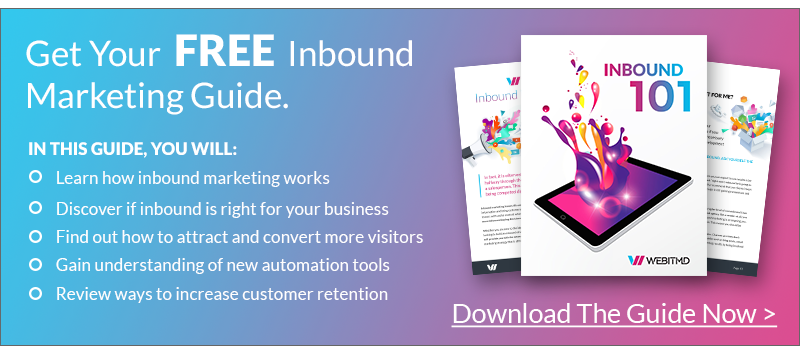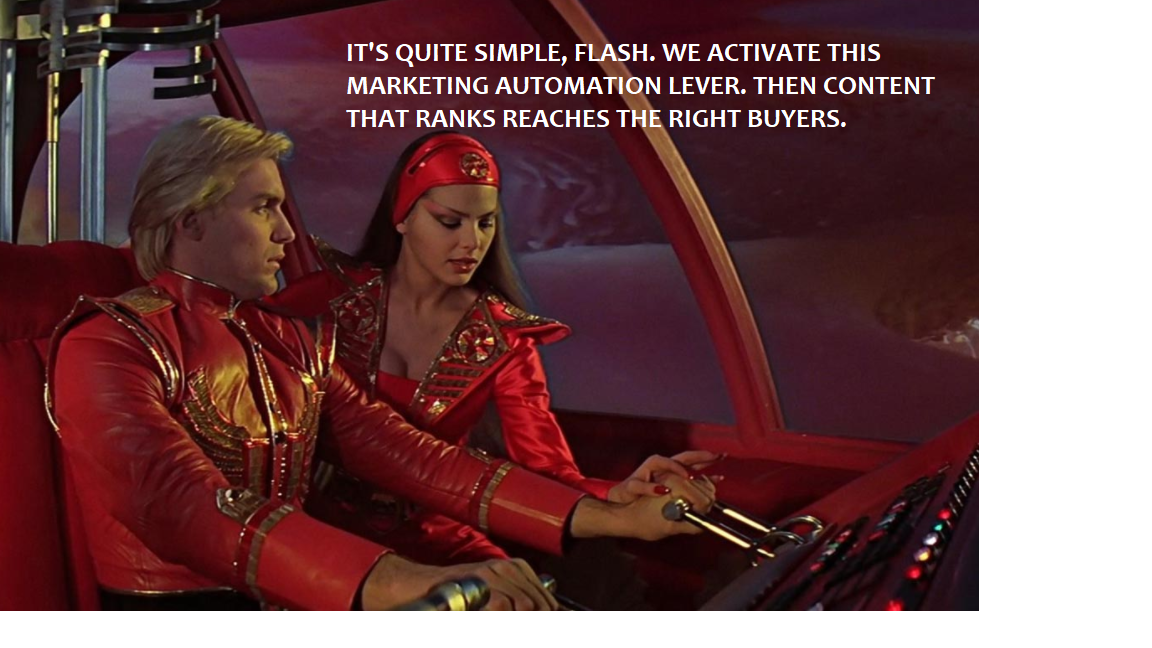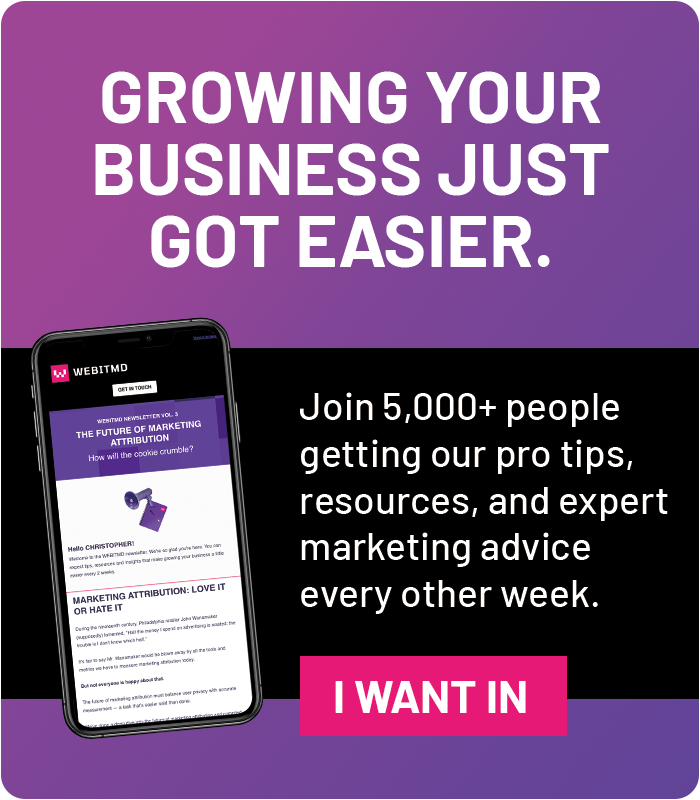When most businesses begin thinking about digital marketing, they almost always express a need for SEO. They want to be number one on Google because they think that high organic ranking will increase sales. The reality is that SEO is only one of many services required to help companies reach their digital marketing goals, and as we venture into 2018 you will start to see more of the top digital marketing agencies phase out SEO as an a la carte service. Instead, the best marketing agencies will offer inbound through marketing automation software, such as HubSpot. This methodology is designed to attract, convert and delight online searchers into customers. In case you are wondering how inbound is different from SEO, here are the major differences.
Organic Ranking
The name “search engine optimization” speaks for itself–this is a service that takes one’s content and ranks it based on keywords. Unfortunately all too many businesses are aware that you can rank well for all the top keywords, but you may not be closing any sales from the exposure. Inbound takes traditional SEO but adapts its own play book to create content that not only organically ranks but also converts readers into buyers.
SEO specialists at inbound marketing agencies create content focused around various buyer personas. This content is segmented to resonate with searchers in each stage of the buyer’s journey: awareness stage, consideration stage and decision stage. When ranking blogs and webpages, inbound marketers will not only see content move up in the SERPs for various keywords, but for contextual and topic-related text that parles with keywords. This is content that speaks to specific buyers and, therefore, gets a much higher conversion rate that promotes actual business growth.
Blogs for SEO VS. Blogs for Inbound
When speaking of traditional SEO and the good old blog play, the objective is widely depending on the agency executing the strategies. Mediocre marketing companies will use blogs to help further keyword rankings. Average digital marketing agencies will do the same thing while also trying to enhance their client’s branded identity. The best marketing agencies do these things BUT they primarily view blogs as vital parts of conversion strategies through strategic workflows designed to increase sales.
More Inbound Agencies Use Topic Cluster Blog Models
While most SEO agencies base their blog topics according to ranking opportunities, inbound marketing agencies (at least the ones that are top of game) create topic-based blogs that touch on common industry questions, popular buyer pains, and regular misconceptions. Topic cluster blog models are executed through the creation of multiple blog posts, each with a unique topic, and each topic being heavily associated with the content on the primary service or product page you are trying to rank. This method has many benefits: (1) it strategically reaches out to the right buyers by providing solutions to their pains and needs, (2) it structures the content allowing Google bots an easier time to crawl and associate context and (3) it helps to further SEO efforts for both the pillar page (primary page all blogs link to) and the blog as a whole. After all, if you can enhance user engagement on blogs by creating content that matters within an Inbound strategy, Google will recognize that your content is favored by searchers and your site’s domain authority will climb.
Did this Article Offer You Any Value?
If so we invite you to download our FREE guide below on Inbound Marketing. Discover how it works, why it will dominate digital marketing in 2018, and see how it might help grow your business/ Got questions? We have answers! Give us a call and tell us about your goals for the new year.








.jpg)



.jpg)





![5 Reports to Elevate Your HubSpot Sales Dashboard [+ Examples]](https://blog.webitmd.com/hs-fs/hubfs/Imported_Blog_Media/6-winning-examples-of-a-hubspot-sales-dashboard-2.png?width=767&name=6-winning-examples-of-a-hubspot-sales-dashboard-2.png)